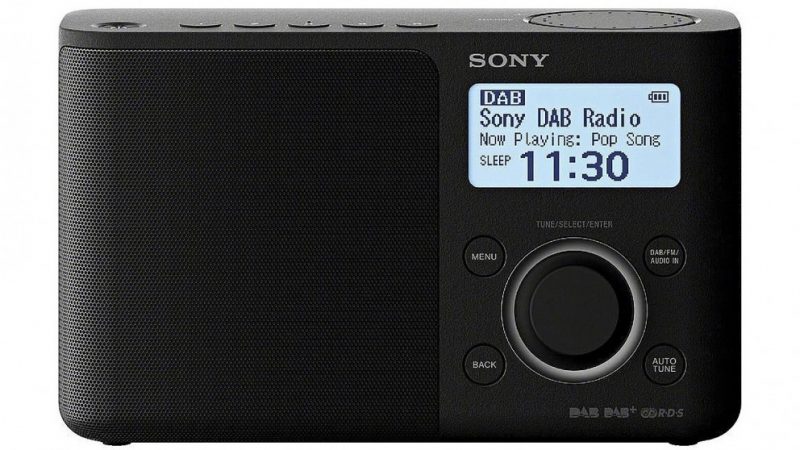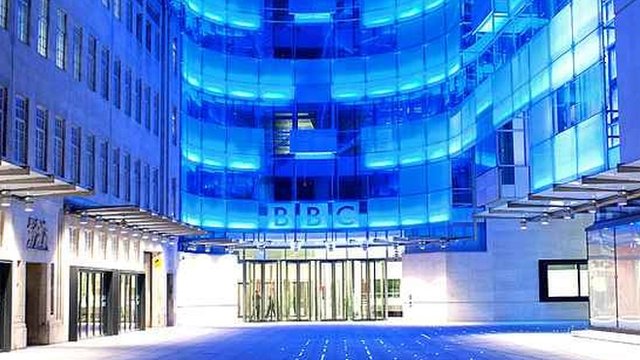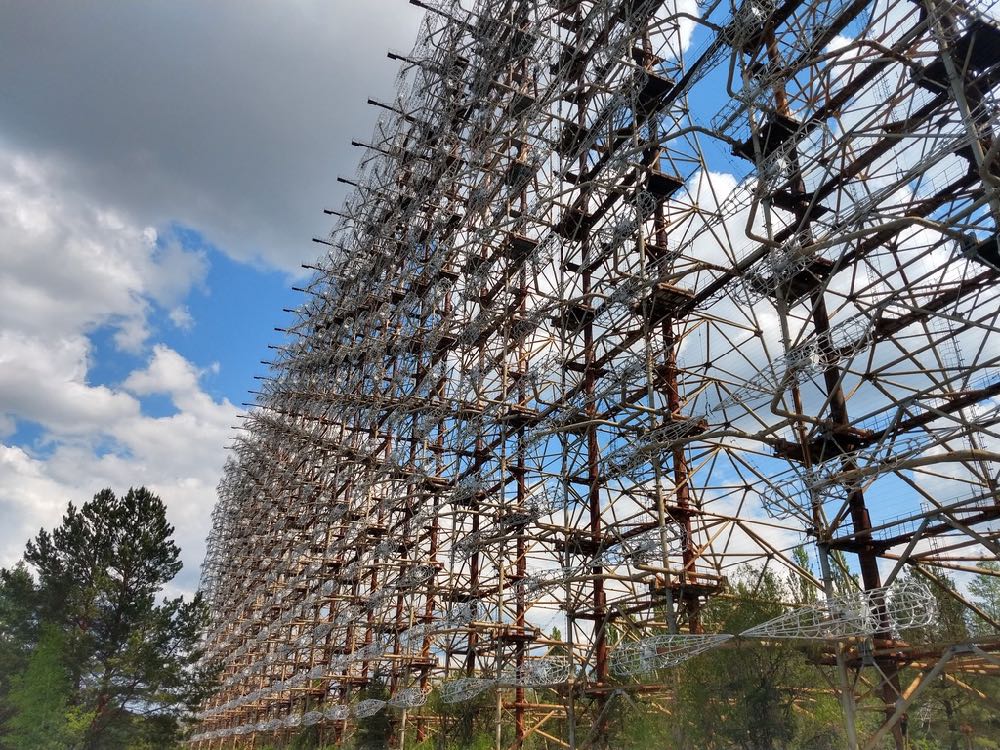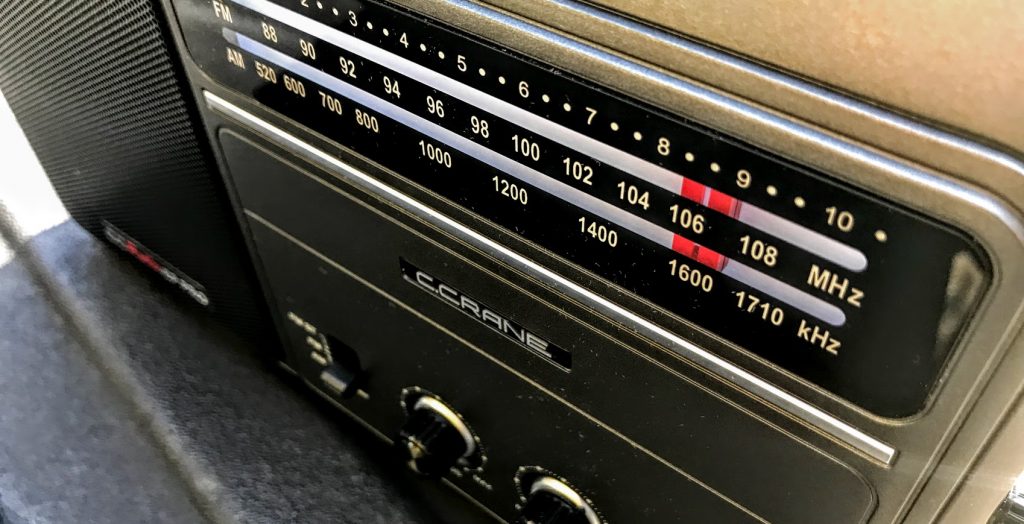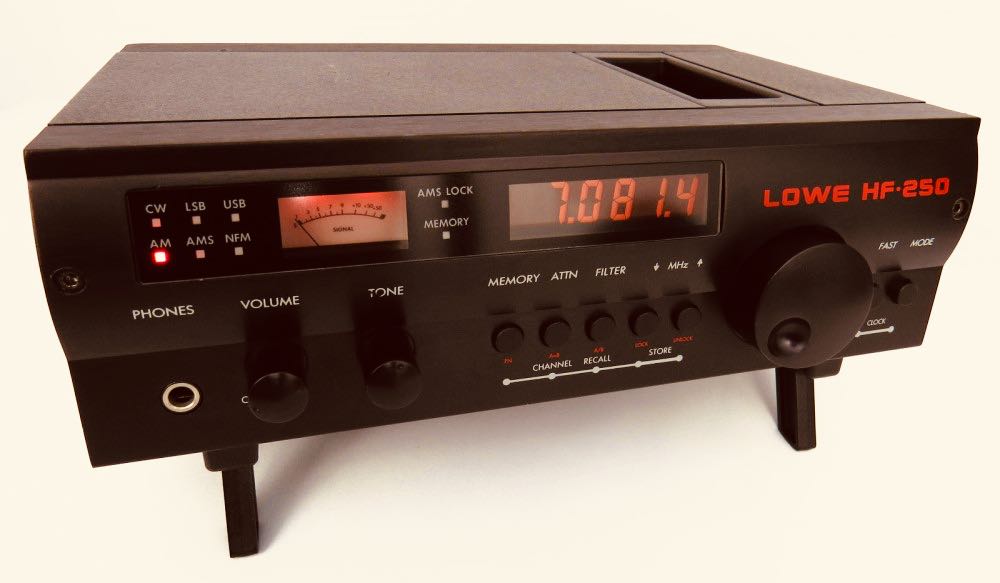
Radio Waves: Stories Making Waves in the World of Radio
Because I keep my ear to the waves, as well as receive many tips from others who do the same, I find myself privy to radio-related stories that might interest SWLing Post readers. To that end: Welcome to the SWLing Post’sRadio Waves, a collection of links to interesting stories making waves in the world of radio. Enjoy!
Many thanks to SWLing Post contributors Alan, Mike, and Dave Zantow for the following tips:
The incumbent government, under its vision of introducing modern trends and technology in different sectors, has planned to fully digitize the state-owned Radio Pakistan.
This information has been revealed in official documents during the ongoing week-long national workshop on Digital Radio Migration policy of Radio Pakistan at Pakistan Broadcasting Academy, Islamabad.
The digitization will bring about a revolution in the field of broadcasting in the country, and will capture the audience at home and abroad including South Asia and Central Asia and the Middle East through quality news, current affairs and programs.
Under the plan, the biggest 1000-Kilowatt DRM Medium-wave transmitting station of Radio Pakistan will be set up at Fort Monroe hill station in Dera Ghazi Khan district in South Punjab at an estimated cost of three billion rupees.
It will be the first ever most powerful but digital transmitter of Radio Pakistan that is to be established in center of the country as part of Phase-II of Digital Radio Migration policy and it will help cover the entire population of Pakistan with crystal clear and noise-free waves.
The project has already been approved by the federal cabinet while the Punjab government has been asked to acquire land for the said purpose.
Under Phase-II of DRM plan, five DRM+FM transmitters of 10-kilowatt each will be installed in Islamabad, Lahore, Karachi, Faisalabad and Multan in the existing Radio Stations.
Besides, eight DRM+FM transmitters of five kilowatt each will be installed in Quetta, Peshawar, Gilgit, Skardu, Gwadar, Mirpur (Azad Kashmir), Khairpur and Narowal in the existing radio stations.
The phase-II of the plan would be accomplished in three years with an overall estimated cost of 3,153 million rupees.
And under Phase-III of the plan, four DRM medium wave transmitters of 100-kilowatt each will be installed in Lahore, Skardu, Quetta and Peshawar for strategic purposes.[…]
The BBC says it is closing a further 18 medium wave transmitters across England, Scotland and Wales in the next stage of its plan to cut costs.
Services being closed range from BBC Radio Solent’s two AM frequencies on the South Coast to BBC Radio Scotland’s service in Aberdeen.
Six more BBC Local Radio services will no longer be transmitted on AM – they are Three Counties Radio (630 and 1161 kHz), BBC Radio Merseyside (1485 KHz), BBC Radio Newcastle (1458 KHz), BBC Radio Solent and BBC Radio Solent (for Dorset) 999 and 1359 KHz, BBC Radio Cornwall (630 and 657 kHz) and BBC Radio York (666 and 1260 KHz).
Kieran Clifton, Director, BBC Distribution & Business Development explains: “The majority of radio listening in the UK – including to the BBC – is now digital, and digital listening is continuing to grow.
“This change was planned as long ago as 2011, but we have taken a measured approach to implement it to ensure that as many of you as possible have already moved on to other ways of receiving the services before we make this change. We know that the changes will impact some of you, and that’s why we’re speaking about the plans again now. We want to make sure that people listening to these transmissions will be able to use other methods to hear the same programmes.”[…]
[…]As far as audio quality goes, it’s extremely difficult to beat the Lowe HF-250. Mind you it has it’s share of “bug-a-boos” as well.
In our view it has held up much better in it’s old age vs. the AOR AR7030. Properly operating and in decent condition samples are fairly rare on the used market now (even more so in North America). Most owners know what the receiver is and hang on to them. But once a great while one does show up on the used market. Click here to read the full review.
BBC News has suspended plans to cut 450 jobs as it faces the demands of covering the coronavirus pandemic.
The job losses were announced in January and were part of a plan to complete a £80m savings target by 2022.
Outlets due to be hit include BBC Two’s Newsnight, BBC Radio 5 Live and the World Service’s World Update programme.
Director general Tony Hall gave staff the news on Wednesday, a week after the broadcaster delayed the end of the free TV licence scheme for all over-75s.
Lord Hall said “we’re suspending the consultation on those saving plans”.
He told staff: “We’ve got to get on with doing the job that you’re doing really brilliantly.
“It would be inappropriate. We haven’t got the resource to plough ahead with those plans at the moment, so we’ll come back to that at some point.
“But for the moment we just want to make sure you are supported and you’ve got the resources to do the job that you and your colleagues are doing amazingly.”[…]
Do you enjoy the SWLing Post?
Please consider supporting us via Patreon or our Coffee Fund!
Your support makes articles like this one possible. Thank you!


